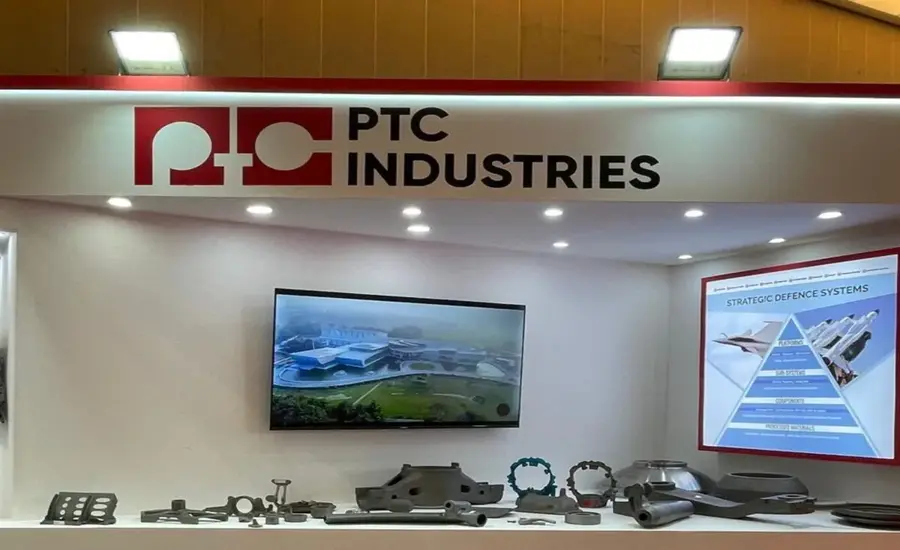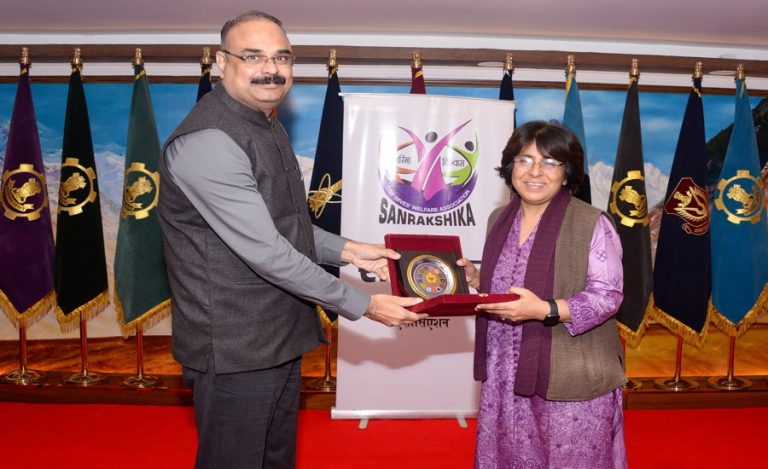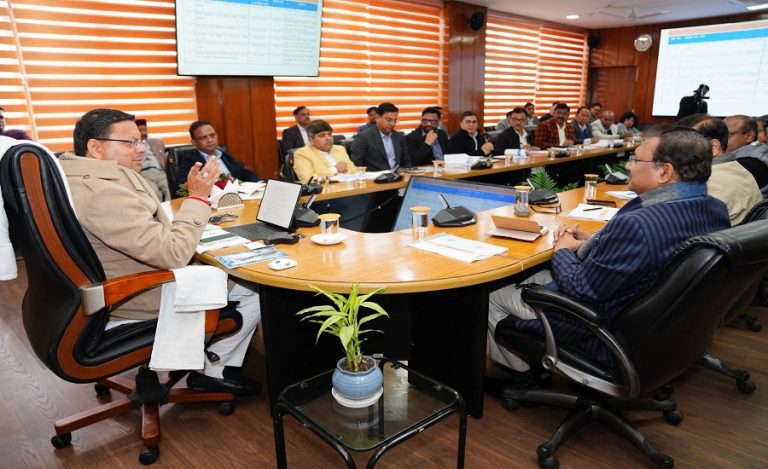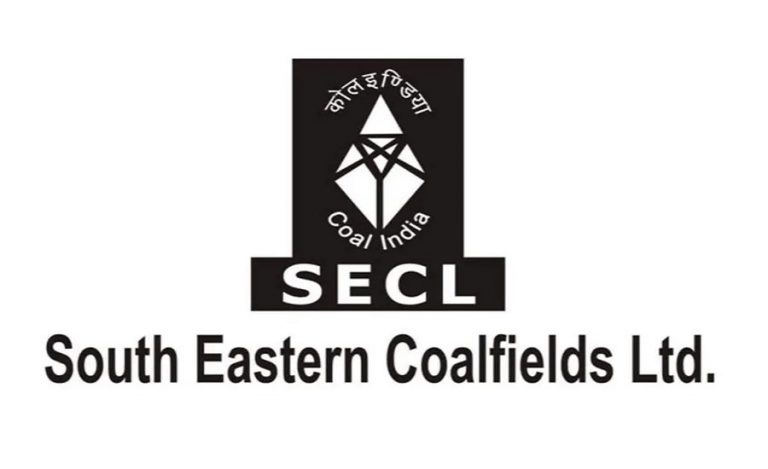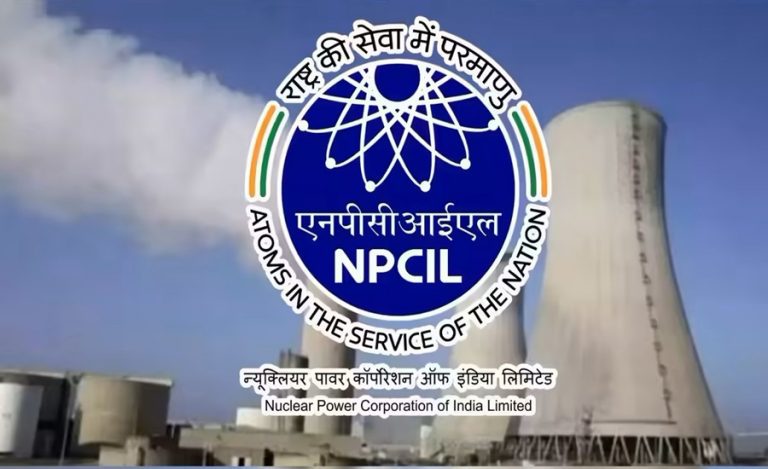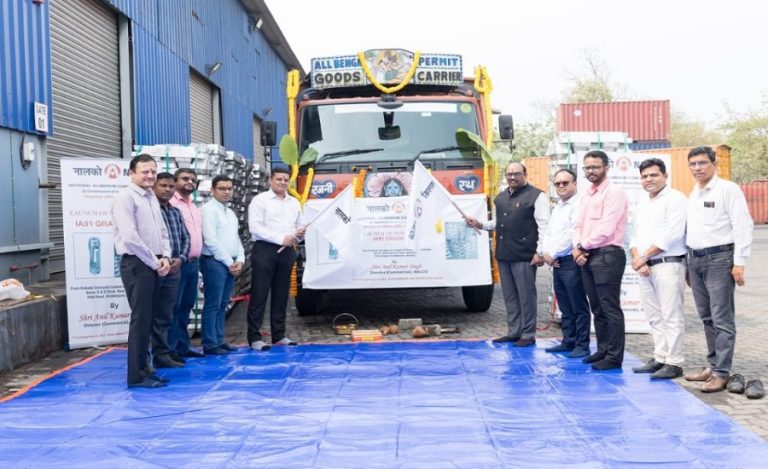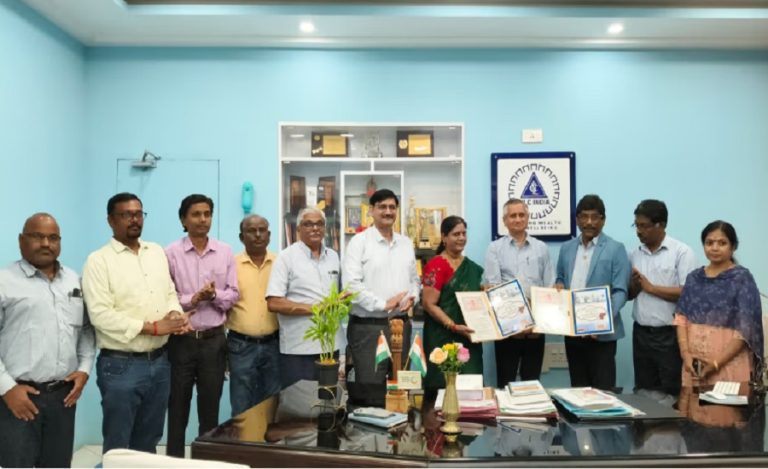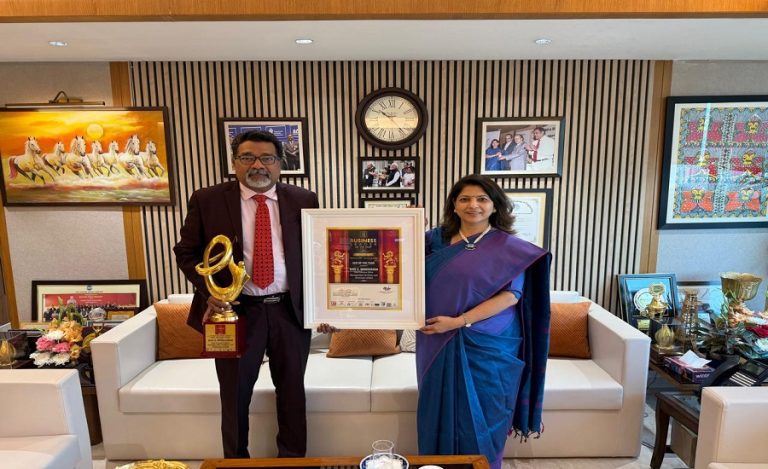In the latest phase of India’s defence manufacturing push, PTC Industries has been awarded a significant order by Gas Turbine Research Establishment (GTRE), a DRDO laboratory, to carry out complete post-cast operations of single-crystal (SX) ‘ready-to-fit’ turbine blades.
Importance of PTC industries Single-Crystal ‘Ready-to-Fit’ Turbine Blades
These turbine blades are key components of high-performance aero-engines, requiring processes like precision machining, grinding, vacuum heat treatment, brazing and advanced coatings (thermal barrier and powder vapour deposition) — all of which PTC will now execute indigenously.
The facility in question is part of PTC’s Titanium & Superalloy Plant in Lucknow, Uttar Pradesh, and underscores the strength of India’s Defence Industrial Corridor there.
Read Also: Historic Leap! HAL Tejas Leads India’s First-Ever Manned-Unmanned Combat Over Arabian Sea
This development is a strategic enabler for India’s ambition to design and manufacture indigenous turbofan engines for next-generation aircraft like the Tejas Mk‑2 and AMCA.
What Does “Ready-to-fit” Mean
The term ‘Ready-to-Fit’ means the blades will arrive fully processed and ready for assembly into the engine rotor without further finishing.
Why This Matters: Strategic and Industrial Impact
1. Self-Reliance in Propulsion – Historically, India has relied on imported turbine-blades and post-cast processing overseas. PTC’s authorisation marks the first time a domestic company has the capability to deliver T-ready blades end-to-end.
2. Advanced Manufacturing Capability – The processes involved (single-crystal casting, precision finishing, coatings) are among the most technically challenging in aerospace. Mastering them places India in a select group of nations with that capability.
3. Defence Export Potential – With such capability domestically, India can not only fulfil its own aerospace engine programmes but also become a supplier in the global defence-aero supply chain.
4. Boost to Regional Industrial Ecosystem – The Lucknow plant strengthens the Uttar Pradesh defence corridor, creates high-skill jobs, and increases local value-addition.
5. Supporting ‘Make in India’ & ‘Atmanirbhar Bharat’ – This initiative aligns seamlessly with national programmes for reducing import dependency and fostering indigenous defence manufacturing.
Details of the Order & Technology
PTC will execute full post-cast operations for single-crystal turbine blades — including precision machining, controlled grinding, vacuum heat treatment, brazing, and advanced coatings (thermal barrier, powder vapour deposition).
PTC will leverage its UK subsidiary, Trac Precision Solutions, to ensure aerospace-grade quality levels matching global OEM benchmarks. Existing collaborations of PTC include supply relationships with Hindustan Aeronautics Limited (HAL), DRDO, and BrahMos Aerospace — adding credibility to its capabilities.
Broader Industry Context
This breakthrough comes at a time when India is intensifying efforts to indigenise core defence technologies:
- The aerospace and propulsion domain has been a critical bottleneck for self-reliance due to high cost and technical complexity.
- By enabling domestic manufacture of such critical components, India reduces import-dependency and improves resilience of supply-chains.
- This push is enabling future platforms like the Tejas Mk-2 and AMCA to rely on domestic engines and components.
What’s Next & Outlook
With this order, PTC will ramp up production and process capability in the Lucknow facility, and likely scale up to serve multiple aero-engine programmes.
Other Indian defence and aerospace firms may follow suit to establish similar high-precision manufacturing cells, strengthening the ecosystem.
Read Also: From Imports to Innovation: India’s NETRA Mk-2 Gives ‘Made-in-India’ Wings to AWACS Power
The ability to supply ‘ready-to-fit’ turbine blades domestically may encourage engine integrators and airframe manufacturers to increase indigenous content percentages.
In the export arena, India may leverage this capability as a selling point in global supply-chains for defence aviation.

